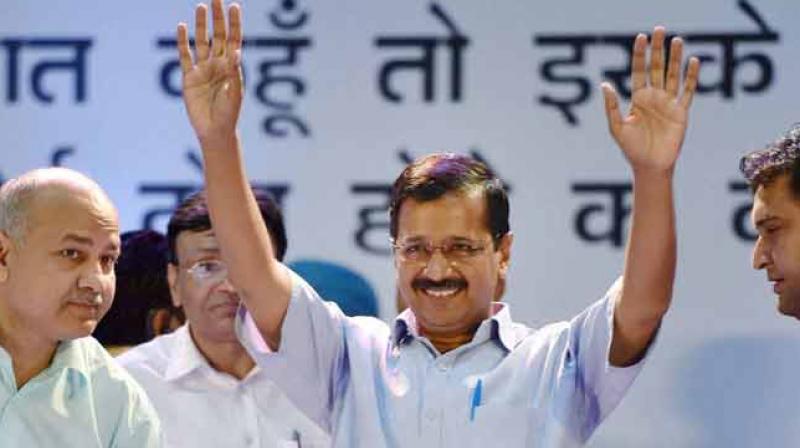On Delhi, Supreme Court underlines an important principle

The verdict on Wednesday of the five-judge constitutional bench of the Supreme Court led by Chief Justice of India Dipak Misra, on the subject of the powers of the elected state government in relation to lieutenant-governor of Delhi, underscores pointedly that in India it is the people who are sovereign. It might not have been necessary to do this but for the fact that recent L-Gs of Delhi have conducted themselves in a combative manner in dealing with the elected leadership. By extension, the instruction of the constitution bench of the SC, highlighting an essential point of constitutional principle, must also be heeded by L-Gs of other Union Territories.
Puducherry L-G Kiran Bedi has regrettably given the impression — in the manner of her Delhi counterpart — of riding roughshod over the popular mandate, in which sovereignty resides. The top court has now made it amply clear that the L-G must act on the “aid and advice” of the elected government. The SC has also commented with unmistakable emphasis on another important matter when it noted that the orders of the Delhi government should be communicated to the L-G, but not to seek his “concurrence”. The reiteration of these essential principles was much needed because the two L-Gs of the national capital region, who have served during the term of Prime Minister Narendra Modi, have given themselves vice-regal airs in relation to Delhi’s elected government. It is presumably on account of the prejudicial nature of their conduct that the 530-page judgment instructs the L-G of Delhi not to display an “obstructionist” attitude in its relations with the elected government. The top court was also unambiguous that Delhi was not a full-fledged state and that the three areas of land, police and law and order would continue to be out of the purview of the elected government and firmly under the control of the Centre. The reiteration of this sends a message to the Arvind Kejriwal government that it must not get up to antics in challenging the L-G even in matters relating to these subjects. The Kejriwal government had gone to the SC to challenge an earlier verdict of the Delhi high court, which had held that the L-G was the administrative head of the national capital and not bound by the aid and advice of the chief minister and the council of ministers.
The overturning of the HC order by the constitution bench of the SC gives the Wednesday order a higher status than a mere reiteration of constitutional principles in routine circumstances would have done. It is therefore surprising that the services department of the Delhi government on Wednesday returned without compliance the file of the Delhi deputy chief minister on the issue of transfer and posting of officials which wouldn’t any longer need the L-G’s concurrence. Apparently, a notification of the Union home ministry of May 2015 stands in the way. The sooner this matter is disposed of the better.
B08

